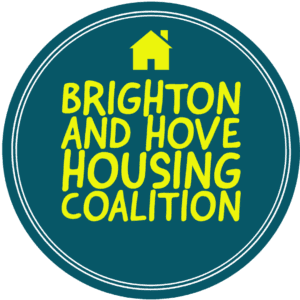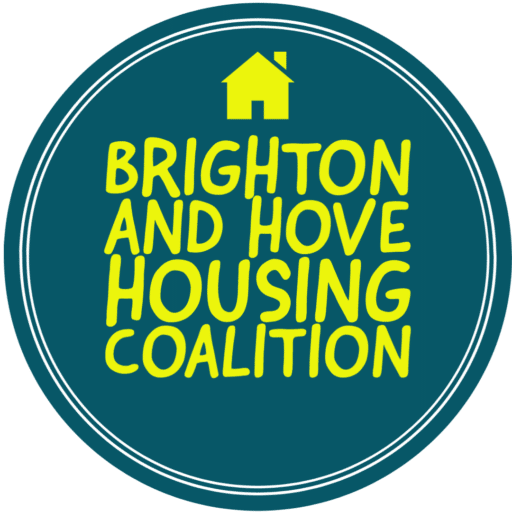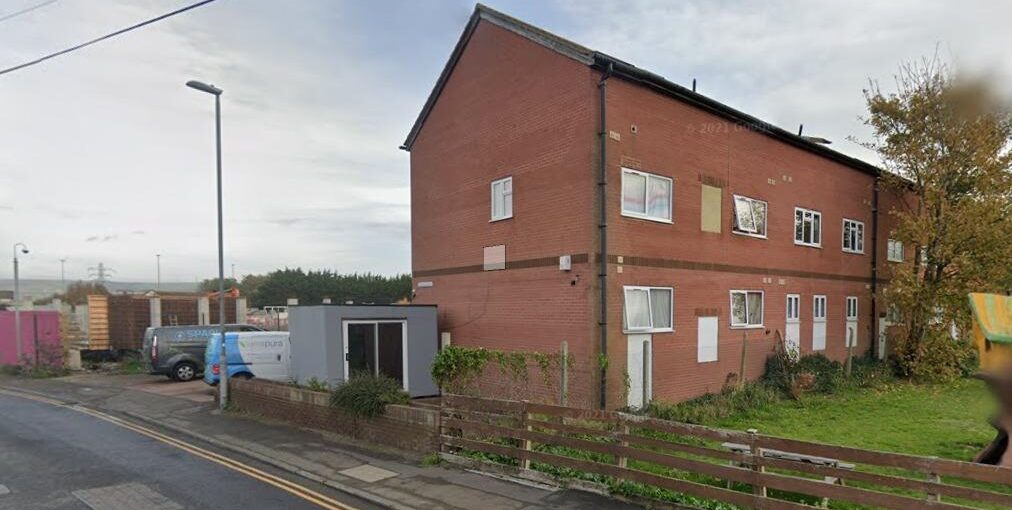
Supported Accommodation and Enhanced Housing Benefit Rates: A Cycle of Dependency or a Path to Recovery?
Brighton and Hove’s homelessness crisis highlights the failures of a system that is meant to protect our most vulnerable. Supported accommodation and enhanced housing benefit rates may not be the solution, as homelessness providers’ financial incentives and lack of care contribute to a cycle of dependency and alarming mortality rates. We must demand change and support for those struggling with homelessness in our community.
According to the latest report from the Adult Social Care Public Health Sub-Committee in Brighton and Hove, the city’s Rough Sleeper and Single Homeless Service is currently providing 891 bed spaces to vulnerable homeless and rough sleepers. While this may seem like a significant number, it’s important to note that these bed spaces are in what is known as “supported accommodation,” where residents are supposed to receive additional support for their needs, such as mental health treatment.
On the surface, supported accommodation seems like a positive solution for homeless individuals. It provides a roof over their heads and access to additional support for their needs, such as mental health treatment. However, it’s worth noting that these facilities often come with enhanced housing benefit rates, which can create a cycle of dependency that can be difficult to break. Are these bed spaces truly a path to recovery, or are they simply a Band-Aid solution that keeps homeless individuals trapped in a cycle of dependency?
In addition, these types of facilities often come with enhanced housing benefit rates, meaning that residents are more likely to be dependent on government assistance to cover the cost of their accommodation. This can create a cycle of dependency that can be difficult to break, and can make it harder for individuals to eventually transition to more independent living arrangements.
The question remains, however, of how much support these homeless individuals are actually receiving in these facilities and whether they are truly able to recover from the circumstances that led to their homelessness and whether all of these bed spaces are being used in accordance with statutory duty, and if not, what steps are being taken to address this.
71 Deaths in Supported Homeless Accommodations in Brighton and Hove: A Tragedy or a Systemic Failure?
The disturbing statistics from the Museum of Homelessness, which show that 71 people died while living in supported accommodation in Brighton and Hove during the 2020/2021 period. This is an alarming and unacceptable figure, and raises serious questions about the level of care and support being provided in these supported and unsupported homeless accommodations.
Are these deaths simply a tragic coincidence, or is there something deeper and more systemic at play? It’s also worth considering the role of homelessness providers in all of this, as enhanced housing benefit rates can be a lucrative source of income for them. This raises questions about whether they are truly focused on helping individuals recover from homelessness, or simply filling beds for their own financial gain.
Furthermore, it’s important to examine the role of homelessness providers in all of this. While it’s true that they do valuable work in helping vulnerable individuals get off the streets, it’s also worth considering the financial incentives they may have in maintaining a steady stream of residents. Enhanced housing benefit rates can be a lucrative source of income for these providers, and it’s possible that they may be more concerned with filling beds than with providing true support and care for their residents. Brighton and Hove City Council stated back in 2019 that “Becoming homeless is very stressful and on top of this, a significant proportion of people in emergency accommodation need supported accommodation but due to the level of demand, this can take some time to provide.”
Yet homeless deaths continued, if you were lucky you got a weekly phone call, there is some work done, but the welfare officers are getting enquiries the homeless prevention officers would be dealing with and are stuck, at the moment the support and service toward people experiencing homelessness is pretty shocking. many make claims, but in reality the service has gone significantly backwards over the last few years, rather than forwards.
It is worth noting that in 2019 after significant pressure from campaigners like myself the council relented and spend an extra 250k on supporting those in unsupported emergency accommodation due to a spate of deaths at the infamous Kendal Court Homeless Accommodation block in Newhaven, at the time BRIGHTON AND HOVE City Council admitted
“There is evidence to suggest that, over the past couple of years, there is an increase in the level of multiple and complex needs that people who are becoming homeless are experiencing.
This is reflected in an increase in the number of people who have died while resident in emergency or temporary accommodation. There is a case to be made for increasing support for these households which would not only benefit them but may also reduce longer term demands on statutory services.”
Unacceptably High Mortality Rates in Homeless Accommodations in Brighton and Hove
In conclusion, the situation facing homeless individuals in Brighton and Hove is a complex and multifaceted one. While it’s encouraging to see the number of rough sleepers decreasing on paper, in reality we are seeing a different picture.
It’s clear that more needs to be done to address the issues facing vulnerable homeless people in the city. The high mortality rates in supported accommodation are particularly disturbing, and it’s essential that steps are taken to ensure that these facilities are providing the necessary care and support for their residents. It’s also crucial that we examine the motivations and practices of homelessness providers, and ensure that they are truly focused on helping individuals recover from homelessness, rather than simply filling beds for their own financial gain.
The situation facing homeless individuals in Brighton and Hove is complex and multifaceted, and it’s clear that more needs to be done to address the issues they face. The high mortality rates in supported accommodation are particularly disturbing, and it’s essential that steps are taken to ensure that these facilities are providing the necessary care and support for their residents. It’s also crucial that we examine the motivations and practices of homelessness providers, and ensure that they are truly focused on helping individuals recover from homelessness.
A Call to Action: Demanding Solutions for the Homelessness Crisis in Brighton and Hove
As a community, it’s time for us to speak out about this crisis and demand change. It’s not enough to simply throw money at the problem and hope that it goes away. We need a comprehensive plan that addresses the root causes of homelessness and provides real solutions for our most vulnerable residents. We need to examine the effectiveness of supported accommodation and enhanced housing benefit rates, and determine whether they are truly helping homeless individuals recover or simply trapping them in a cycle of dependency.
It’s also crucial that we come together as a community and support one another. If you or someone you know is struggling with homelessness, don’t be afraid to reach out for help. There are resources available, and together, we can work towards a solution.
We must also demand a housing and homelessness summit, where community leaders, homelessness providers, and government officials can come together and develop an exit plan for the homelessness crisis in Brighton and Hove. With over 111 organisations working on this issue, it’s clear that we need to coordinate our efforts and find a solution that works for everyone.
It’s time for real change, and it starts with each and every one of us. Let’s speak out and demand a better future for our homeless neighbours. It’s the least they deserve.


1 Comment
[…] Brighton and Hove’s Homelessness: A System in Crisis […]